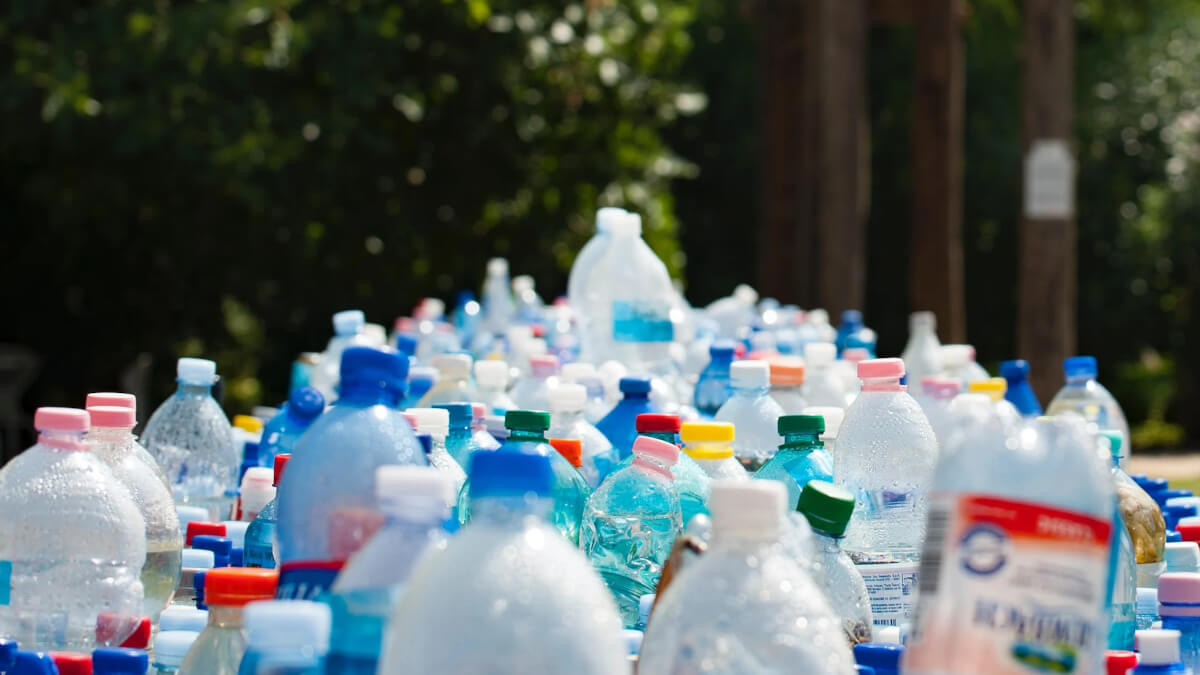

Published April 20, 2023
Out of all the countries in the world, Germany is the Recyclingmeister, with Germans preventing, on average, an impressive 67.9% of their waste from ending up in landfills. Let's take a peak inside the European country's recycling culture and see if we can learn more about its secrets to success.

Recycling helps give a second (or third or fourth...) life to things that would otherwise be thrown away. Did you know out of all countries in the world that Germany is the recycling meister, recycling about 67.9% of its waste? Meanwhile, the United States only recycles about 32.1% of its waste. Why is Germany better at recycling than the US? Let's explore.
In Germany, there are strict rules and regulations requiring both homes and businesses to sort their waste into different bins. This means that Germans are required to separate their paper, plastic, glass, and organic waste or compost into distinct containers. The law makes it mandatory for everyone to follow these recycling practices. This system increases the likelihood of recycling because it's not just a voluntary choice, but a legal requirement.
One of the key aspects of the German waste management system is its emphasis on composting organic waste. Compost recycling is an essential part of the German waste management strategy, and it is seen as an environmentally-friendly method of dealing with organic materials and garbage. This is significant because composting helps reduce the amount of organic waste that ends up in landfills, where it can produce harmful greenhouse gases.
On the other hand, in the United States, the use of compost recycling bins is relatively uncommon compared to Germany. While recycling in general is encouraged, the specific focus on composting is not as common or mandated by law nationwide.
The German government makes it easy for people to recycle. Recycling centers are all over the country, and most of them are free to use. The government also provides information about recycling to help people do it right.
The Pfand (pronounced "fahnt") deposit system in Germany is a way to encourage recycling for bottles, cans, and containers made from recyclable materials. When Germans buy a drink, such as soda or beer, they pay a small additional deposit upfront, ranging from 8-25 Euro cents per bottle or can. Later, they can return their empty containers to special machines in grocery stores or recycling centers to get their deposit money back.
The Pfand system motivates people to recycle because they don't want to lose their money, so they return the bottles and cans to get their cash back. Another interesting benefit is that people often collect bottles that may have been left lying around or littered, in order to claim their cash value. A common practice in Germany is leaving Pfandflaschen, bottles with a deposit, next to public garbage cans so that they can be picked up later and recycled.
In the United States, a similar deposit system does exists, but it's not as common or nearly as effective. It's only in a few states, and the deposit is usually only about 5 cents per bottle. Because the deposit is higher in Germany, people the reason to recycle is that much larger. A single 25 Euro cent deposit may not sound like much, but it sure adds quickly!

Most people living in Germany care about the environment and want to protect it. In addition to other efforts like renewable energies, many Germans believe recycling can make the world a better place. Germans are proud of their recycling efforts and believe that they can make a difference.
Germany recycles more than all other countries because they have laws, government support, a deposit system, and a culture of sustainability. We can all learn a little from Germany's example, and try our hardest to recycle more and protect the environment better. Auf Wiedersehen!
You must be logged in to comment.